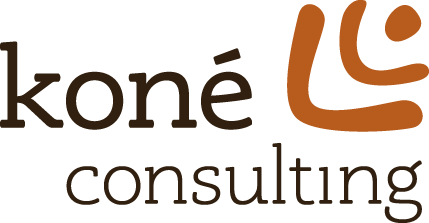News we’re following: Pivotal case affecting Puerto Ricans
Just as July came to an end, federal Judge William G. Young ruled it would be unconstitutional to deny Puerto Ricans living in U.S. territory access to three federal welfare programs. Though, per request by the federal government, the decision will only apply to nine plaintiffs as Judge Young issues a two-month stay of the case. With millions of dollars at stake, the U.S. government is expected to appeal the ruling, and if they fail, to take it to the Supreme Court.
Judge Young deemed it a discriminatory policy to deny Puerto Ricans Supplemental Security Income, which includes extra income for the elderly, blind, or disabled. The decision also includes Supplemental Nutrition Assistance Program (SNAP) benefits, formerly referred to as food stamps, and Medicare Part D Low-Income Subsidy, which helps cover the cost of a prescription drug plan.
In the ruling, Judge Young noted that the U.S. territory has a population of 3.2 million, and 43% of the population is living in poverty. All nine of the plaintiffs are low-income enough to qualify for at least one of the three federal welfare programs. Judge Young noted that Northern Marina Islands have access to SSI benefits, while Guam and the U.S. Virgin Islands have access to SNAP, a benefit Puerto Rico had access to until revoked in 1981. Congress funds substitute programs in Puerto Rico, but they are much less generous as they offer less coverage and lower benefits.
The U.S. government has provided three rationales for excluding Puerto Ricans from welfare programs, including: the cost to run the programs, the potential disruption to the island’s economy, and the fact those on the island are exempt from paying personal federal income tax. Judge Young argued that poor people generally do not pay income tax regardless of where they live. He also cited between 2000 and 2005, Puerto Rico residents paid more in federal taxes than six states and all other U.S. territories combined. In fiscal year 2019, the federal government collected more than $3.5 billion in taxes from Puerto Rico residents.
Judge Young’s decision is expected to create more discussion about Puerto Rico’s political status as voters prepare to face a non-binding referendum on whether they support statehood.
We hope you’ll join us in following this pivotal case.
Koné Consulting
CELEBRATING 10 YEARS INSPIRING CHANGE
AND LASTING IMPROVEMENTS


![ernesto-tapia-y66r2GzYezs-unsplash[1].jpg](https://images.squarespace-cdn.com/content/v1/54d06d6ce4b0244e5098b0bf/1597342676046-79OG4FEZCSW36VF8TU6E/ernesto-tapia-y66r2GzYezs-unsplash%5B1%5D.jpg)